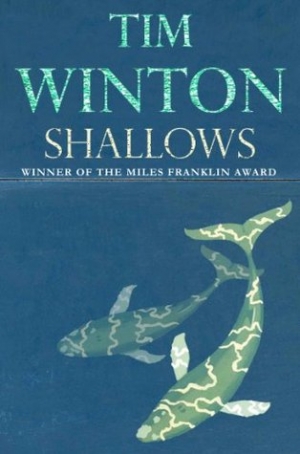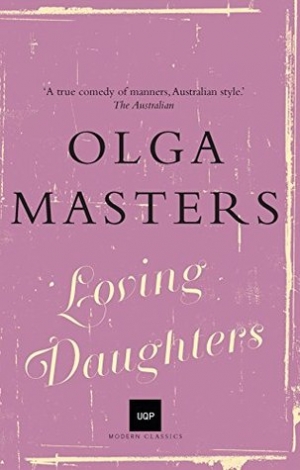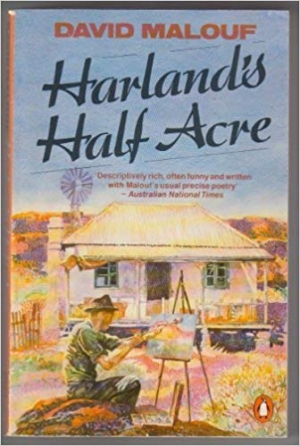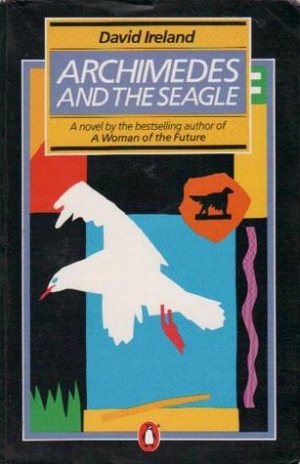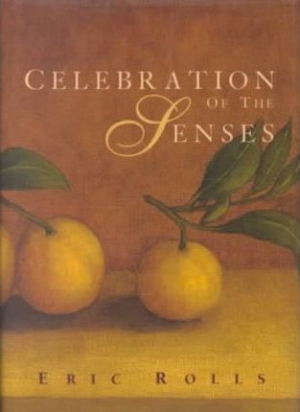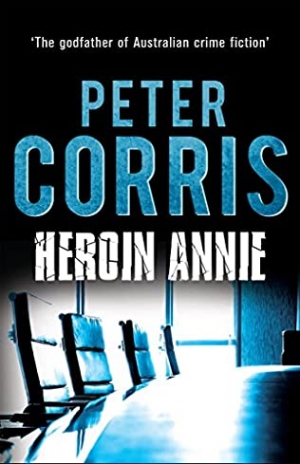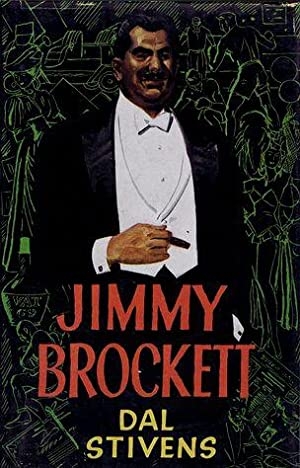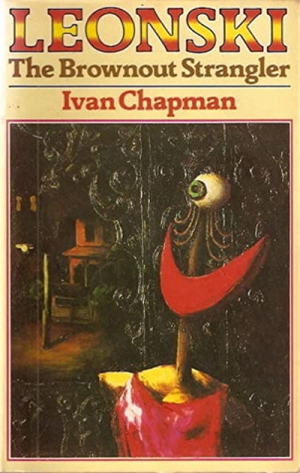Fiction
Nancy Keesing reviews 'Shallows' by Tim Winton and 'Goodbye Goldilocks' by Judith Arthy
Those who read the gloomy criticisms of modern education by some educationalists might be pardoned for wondering whether any but the most privileged children nowadays can hope to gain mastery of their language or development of their mind and talent. Meanwhile, the talented young blithely make nonsense of crabbed and intolerant age. Paul Zanetti, aged twenty-three, wins the Walkely Award for a political cartoon. Paul Radley, while still in his teens, and Tim Winton, barely older, won Australian Vogel Awards and continue writing with force and imagination.
Winton is now twenty-four. Shallows is his second good novel. It is set in a fictional West Australian whaling town called Angelus. Although I have never been to Albany (where Winton had part of his education), I suspect I might find it recognisable after reading Winton’s devoted and detailed account of Angelus. The time of the action is now, or a year or so ago, but the story ranges through much history. Change is inevitable for whaling ports and industries but whether it should come abruptly or gradually is still debatable.
... (read more)With her first book, the short story collection The Home Girls, Olga Masters has made her ‘own’ a particularly neglected area of Australian life and a special way of seeing it. She also became an award winner in the 1983 NBC Awards for Australian Literature. Now, with her first novel, Loving Daughters she confirms the impression that a unique voice and an important one has joined the ranks of our major storytellers. Her territory is confined to the lives of ordinary country-folk in the period between the wars, in the present work the period around the early 1920s and the place a small farming township on the south coast of New South Wales.
... (read more)Apart from the theme of growth and adolescence (with which it often merges), perhaps the most common preoccupation of Australian novelists is the progress of a young man (usually) or woman towards artistic achievement and fulfilment. Frequently the field of art is pictorial. Patrick White’s The Vivisector, Thea Astley’s The Acolyte, Tony Morphett’s Thorskeld, and Barbara Hanrahan’s The Scent of Eucalyptus and Kewpie Doll, to name only those, all deal in some form or other with a painter of either actual or potential genius. It is, of course, one of the classic themes of twentieth-century fiction everywhere, but its pervasiveness among our writers suggests a selfconscious need to articulate the Australian experience and identity. Who better than the great artist to do it?
... (read more)Marian Turnbull reviews 'Archimedes and the Seagle' by David Ireland and 'Jane Austen in Australia' by Barbara Ker Wilson
‘I wrote this book to show what dogs can do’, writes Archimedes the red setter in the preface to his book, and what follows are the experiences, observations, and reflections of a dog both ordinary and extraordinary. Archimedes’ physical life is constrained by his ‘employment’ with the Guests, an average Sydney suburban family – father, mother, and three children. He is taken for walks – the dog laws make unaccompanied walks too dangerous, he leaves his ‘messages’ in appropriate places, he knows the electricity poles intimately, and the dogs in his territory, Lazy Bill, Princess, Old Sorrowful Eyes, and Victor the bulldog.
... (read more)Eric Rolls begins his Celebration of the Senses with an image of his wife’s left buttock shining through a split in an old blue sheet ‘like an early morning moon’. He ends the book with the smells of his semen and her cunt as the warm sheet is lifted and the day begins. He shares his delight in his partner (‘I will not name her. A name both exposes and confines her’) as he shares all the sensual pleasures that give him his being and inform his work.
... (read more)This is The Great Tradition. Spade, Marlowe, Archer, Spenser. Peter Corris has relocated it, given it another place and another name and done it all with verve and flair. In ten adventures, Cliff Hardy lurches around Sydney in the rusty armour of his Falcon (except on one occasion when he goes to his spiritual home, California). While Corris does not achieve as much in the short stories as he does in the novels (but then that is true of Hammett), he does present Cliff Hardy as alive (miraculously) and well (apart from batterings and hangovers) and doing good (if not entirely within the meaning of the act).
... (read more)After the zany energy and comic extravagance of Moonlite, the first part of David Foster’s new novel, Plumbum, is curiously sober and the comic vision subdued. In Canberra, which his characters generally regard as preposterous, The Last Great Heavy Metal Rock Band of the Western World is born, but its birth is protracted and the narrative pace is leisurely, sometimes dangerously slow. The reader is lulled, apart from the faint, nervous suspicion that the narrative might suddenly accelerate and take off. And it does, at lunatic speed in the second half of the novel, where Foster is at his fabulous best, absurdist and zany comic.
... (read more)Yvonne Rousseau reviews 'Thor’s Hammer' by Wynne Whiteford, 'The Tempting of the Witch King' by Russell Blackford, and 'Kelly Country' by A. Bertram Chandler
Colonised asteroids, plentiful spaceships, an Astrogold Corporation tower approached by aircar: these are tokens of a world soothingly remote from present-day anxieties. But in Thor’s Hammer by Wynne Whiteford (Cory & Collins, 150 pp, $3.95 pb), the euphoric sense of disconnection has extended rather too far.
... (read more)First published in 1951 and again in 1959, Dal Stivens’s novel, Jimmy Brockett, is now republished as one of Penguin’s ‘Australian Selection’. Reading it, you find yourself being drawn into admiration of a man who is undeniably obnoxious.
... (read more)Eddie Leonski was a private in the United States Army who was tried and executed for strangling three women in wartime Melbourne. Barely three weeks elapsed between the first murder and Leonski’s arrest. He was executed six months later, in November 1942. There seems no doubt that Leonski committed the crimes; whether he had a fair trial is another matter.
... (read more)
